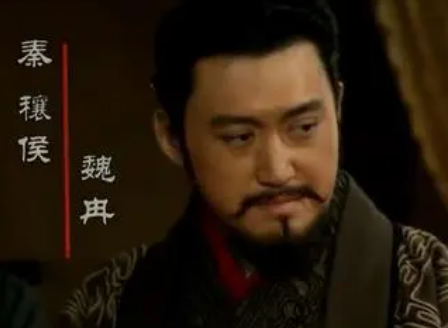In Chinese history, the story of Liu Bang, the founding father of the Han Dynasty, and his wife Lu Zhi (also known as Empress Lu) is widely circulated. Although Empress Lu took over the reins of power after Liu Bang's death and even took some extreme measures to consolidate her position, Liu Bang did not choose to eliminate her during his reign. The reasons behind this decision are worth further exploration. This article will analyze the possible reasons why Liu Bang did not eliminate Empress Lu, revealing the political wisdom behind it.

Firstly, power base and family alliance. Liu Bang, as the founding emperor of the Han Dynasty, built his power on the support of various forces. Empress Lu was not only his wife but also his important ally and political partner. Empress Lu came from an influential family, which provided considerable assistance to Liu Bang in his early power struggle and unification war. Therefore, Liu Bang's decision not to eliminate Empress Lu was partly based on considerations of family alliance and political stability.
Secondly, domestic political stability and inheritance issues. Liu Bang faced tremendous challenges in establishing domestic political stability and ensuring the inheritance of the dynasty when he founded the Han Dynasty. His children were young and needed a strong mother to safeguard their safety and status. As a mother and queen, Empress Lu was able to effectively protect and maintain the interests of the Liu family. Therefore, Liu Bang may have believed that maintaining Empress Lu's position was necessary for safeguarding the royal power and the future of the family.
Thirdly, political balancing and popular sentiment. Liu Bang was a wise politician who understood that any action against Empress Lu could lead to instability within the court and even wider political unrest. Empress Lu had considerable influence and supporters in the court, and taking action against her could have lost the hearts of the people. Therefore, Liu Bang chose to act cautiously and avoid unnecessary conflicts.
In conclusion, Liu Bang's decision not to eliminate Empress Lu was not a simple matter of personal sentiment but rather based on profound political considerations and strategic planning. His actions reflected the complex balancing of power, family, political stability, and inheritance issues faced by ancient emperors. Liu Bang's choice demonstrated his political wisdom in maintaining the stability and long-term interests of the empire. Although Empress Lu took some extreme measures after his death, this does not affect our understanding of Liu Bang's political decision-making. Historical evaluation often requires us to look beyond individual actions and see the more complex social and political factors behind them.
Disclaimer: The above content is sourced from the internet and the copyright belongs to the original author. If there is any infringement of your original copyright, please inform us and we will delete the relevant content as soon as possible.































